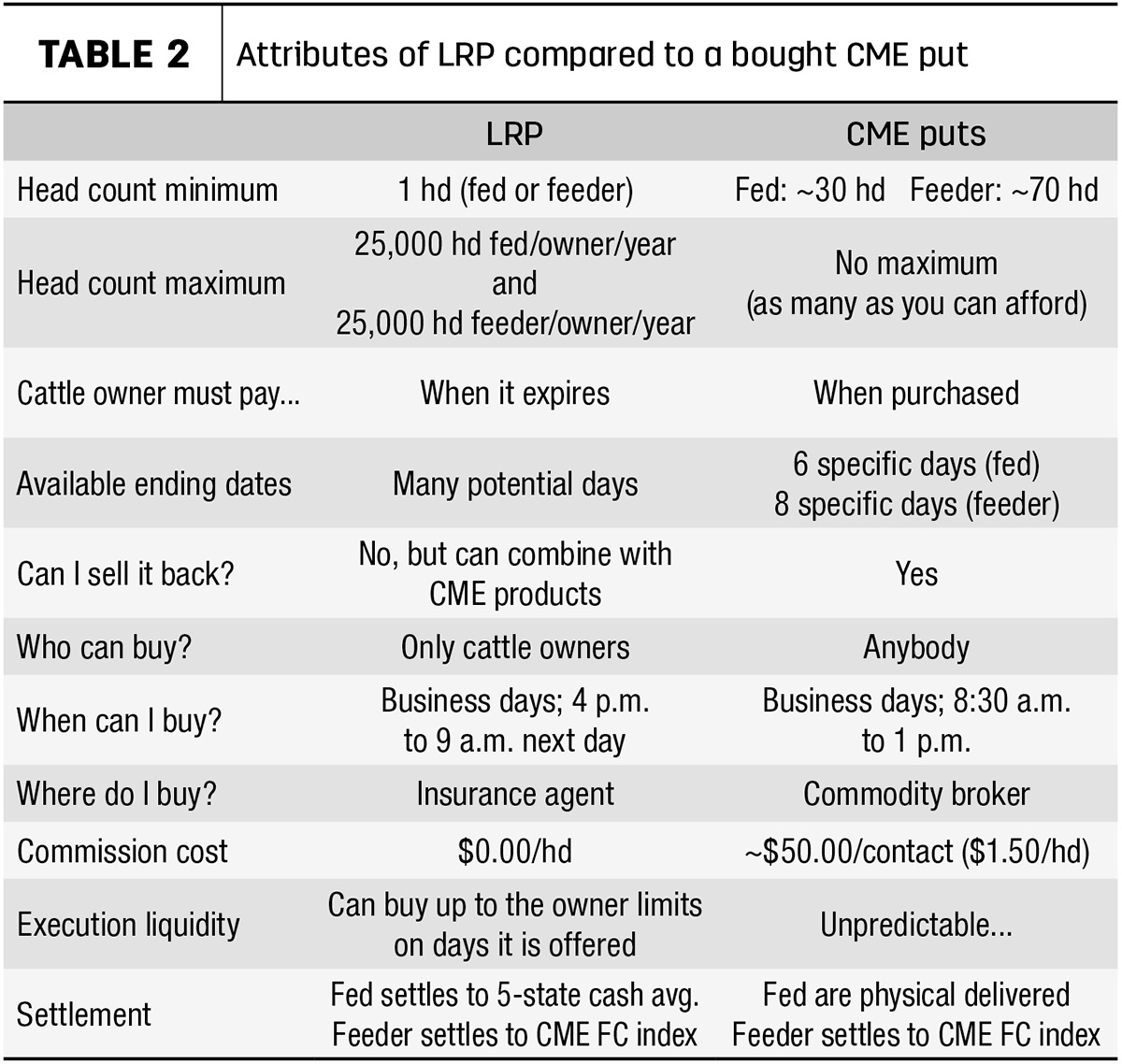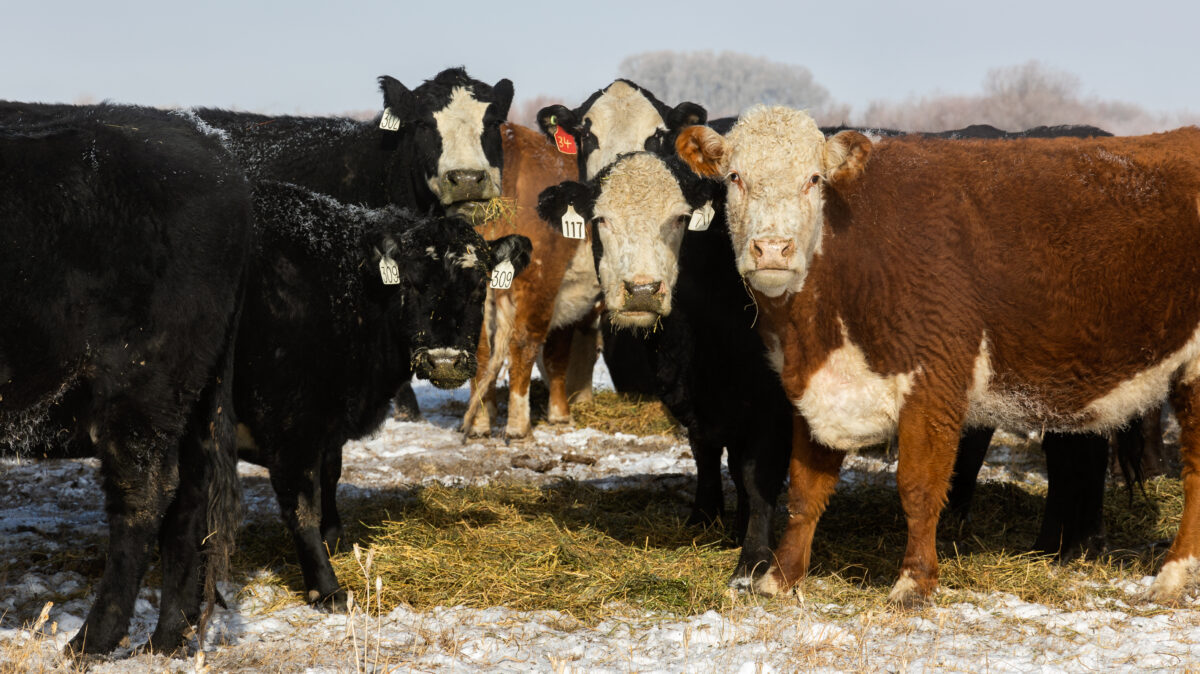Recognizing Livestock Danger Security (LRP) Insurance: A Comprehensive Guide
Browsing the world of livestock risk security (LRP) insurance policy can be a complex endeavor for numerous in the farming industry. From exactly how LRP insurance policy functions to the various protection choices offered, there is much to reveal in this thorough overview that can potentially shape the way livestock producers come close to danger monitoring in their businesses.

Just How LRP Insurance Policy Functions
Sometimes, understanding the technicians of Animals Risk Defense (LRP) insurance coverage can be complicated, but damaging down how it functions can supply clearness for farmers and ranchers. LRP insurance coverage is a risk administration tool made to protect animals producers versus unexpected rate declines. The plan enables manufacturers to set an insurance coverage level based upon their certain needs, picking the number of head, weight array, and protection rate. When the plan remains in place, if market rates drop below the coverage cost, manufacturers can sue for the distinction. It is essential to keep in mind that LRP insurance is not an earnings guarantee; rather, it concentrates entirely on cost threat defense. The protection period generally varies from 13 to 52 weeks, providing versatility for manufacturers to pick a duration that lines up with their manufacturing cycle. By utilizing LRP insurance coverage, farmers and herdsmans can reduce the financial risks connected with fluctuating market costs, guaranteeing higher security in their procedures.
Eligibility and Coverage Options

When it pertains to coverage alternatives, LRP insurance coverage supplies manufacturers the adaptability to pick the protection level, coverage period, and endorsements that finest suit their risk monitoring needs. Protection levels usually range from 70% to 100% of the anticipated ending value of the insured animals. Producers can also choose coverage periods that line up with their production cycle, whether they are insuring feeder cattle, fed livestock, swine, or lamb. Endorsements such as price threat security can additionally customize coverage to protect against damaging market changes. By understanding the eligibility requirements and protection alternatives readily available, livestock producers can make educated decisions to handle threat effectively.
Pros and Cons of LRP Insurance Coverage
When assessing Animals Danger Protection (LRP) insurance policy, it is essential for animals producers to weigh the drawbacks and advantages inherent in this risk management device.

One of the main benefits of LRP insurance coverage is its capacity to offer protection versus a decline in animals prices. This can help secure manufacturers from financial losses resulting from market changes. In addition, LRP insurance uses a degree of adaptability, allowing producers to customize protection degrees and policy periods to match their details demands. By locking in a guaranteed cost for their animals, manufacturers can much better take care of threat and prepare for the future.
One restriction of LRP insurance is that it does not protect versus all types of threats, such as illness outbreaks or all-natural calamities. It is crucial for manufacturers to very carefully evaluate their specific danger direct exposure and monetary situation to figure out if LRP insurance coverage is the right danger management device for their operation.
Comprehending LRP Insurance Premiums

Tips for Making Best Use Of LRP Advantages
Making best use of the benefits of Livestock Threat Protection (LRP) insurance needs critical preparation and Clicking Here proactive risk administration - Bagley Risk Management. To maximize your LRP insurance coverage, consider the complying with ideas:
Routinely Evaluate Market Problems: Remain educated concerning market fads and price fluctuations in the animals market. By keeping an eye on these aspects, you can make enlightened choices concerning when to acquire LRP insurance coverage to shield versus possible losses.
Establish Realistic Protection Levels: When choosing coverage levels, consider your manufacturing prices, market price of animals, and possible dangers - Bagley Risk Management. Setting reasonable protection levels ensures that you are properly safeguarded without overpaying for unneeded insurance coverage
Diversify Your Insurance Coverage: Rather of counting only on LRP insurance policy, think about diversifying your threat monitoring methods. Integrating LRP with other threat monitoring tools such as futures contracts or alternatives can supply detailed coverage versus market uncertainties.
Review and Readjust Coverage Regularly: As market problems change, occasionally evaluate your LRP insurance coverage to guarantee it lines up with your existing danger exposure. Adjusting protection levels and timing of acquisitions can aid enhance your risk defense technique. By adhering to these suggestions, you can take full advantage of the benefits of LRP insurance coverage and safeguard your animals operation against unpredicted dangers.
Verdict
To conclude, animals risk security (LRP) insurance policy is an important device for farmers to manage the monetary threats connected with their animals procedures. By understanding how LRP functions, qualification and protection alternatives, in addition to the benefits and drawbacks of this insurance coverage, farmers can make enlightened choices to safeguard see here their resources. By carefully thinking about LRP costs and applying techniques to make best use of benefits, farmers can reduce prospective losses and make sure the sustainability of their procedures.
Animals producers interested in obtaining Livestock Danger Security (LRP) insurance policy can discover an array of qualification criteria and coverage options customized to their particular livestock operations.When it comes to protection choices, LRP insurance policy supplies manufacturers the adaptability to pick the insurance coverage degree, insurance coverage period, and recommendations that finest fit their danger administration requirements.To understand the ins and outs of Livestock Risk Protection (LRP) insurance fully, understanding the elements influencing LRP insurance costs is critical. LRP insurance policy costs are identified by various elements, consisting of the protection level chosen, the expected price of livestock at the end of the insurance coverage duration, the type of livestock being guaranteed, and the length of the coverage duration.Evaluation and Change Protection On a regular basis: As market problems change, occasionally review your LRP insurance coverage to ensure it lines up with your present threat exposure.
Comments on “Navigating Business Risks with Bagley Risk Management”